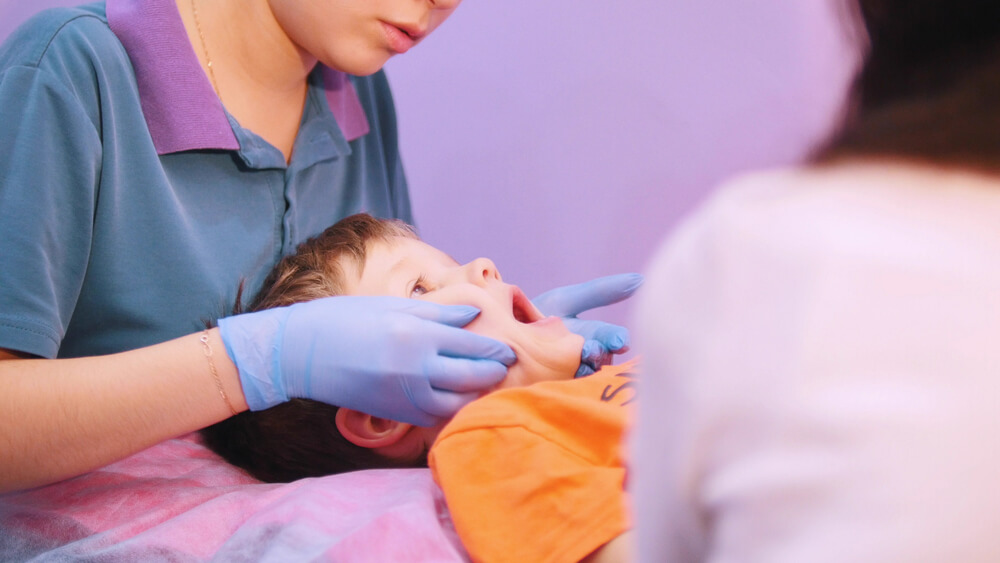Craniosacral Therapy for Children with Birth Disorders
Considered one of the newer forms of treatment, Craniosacral therapy (CST) is sometimes used in children who have head trauma. It involves lightly manipulating or touching areas of the head that have experienced trauma. It aids in relieving tension in the central nervous system, relieves pain, and helps boost immunity.

Some doctors consider this an effective treatment when babies experience other problems such as:
- Teething
- Colic
- Feeding problems
Why Do Infants Suffer Head Trauma
Unfortunately, the birth process can pose a lot of problems for infants. As the infant comes through the birth canal, potential injury can occur. Some of the problems that can arise include breathing problems, motor impairment, and digestive problems. C-section deliveries also pose risks.
How Does This Therapy Work?
Some doctors will recommend craniosacral therapy when your child suffers a birth injury. The doctor massages and touches the bones of the skull with the intention of lowering the pressure and tension around the skull. Many doctors see a link between the lower part of the back and fluids to the head. Through the treatment of CST, the specialist will massage these areas as a way of lowering the blockages and helping to normalize the body.
What Else Can CST Be Used For?
CST is sometimes used in adults to help conditions such as:
- Relief for headaches
- Helping with coordination
- Helping with jaw issues
- Relief for eye problems
Some have also reported that CST works as a great therapy for individuals who have cancer. First, it helps to calm the nervous system, which would otherwise kick into overdrive when a patient has cancer. In addition, CST helps the body to function at a more normal rate.
However, you have to be alert about the potential for dangers. Some research suggests that infants with a birth injuries who receive CST could worsen their condition, rather than help it. For example, in cases where an infant suffered brain damage, having this form of therapy could worsen it and lead to cerebral palsy. Some experts do not recommend that infants undergo CST. Instead, they recommend that the child is at least two years old before undergoing this form of treatment, because the body will be slightly less vulnerable compared to what it was as an infant.
